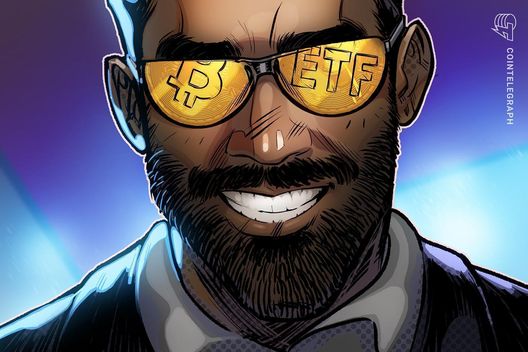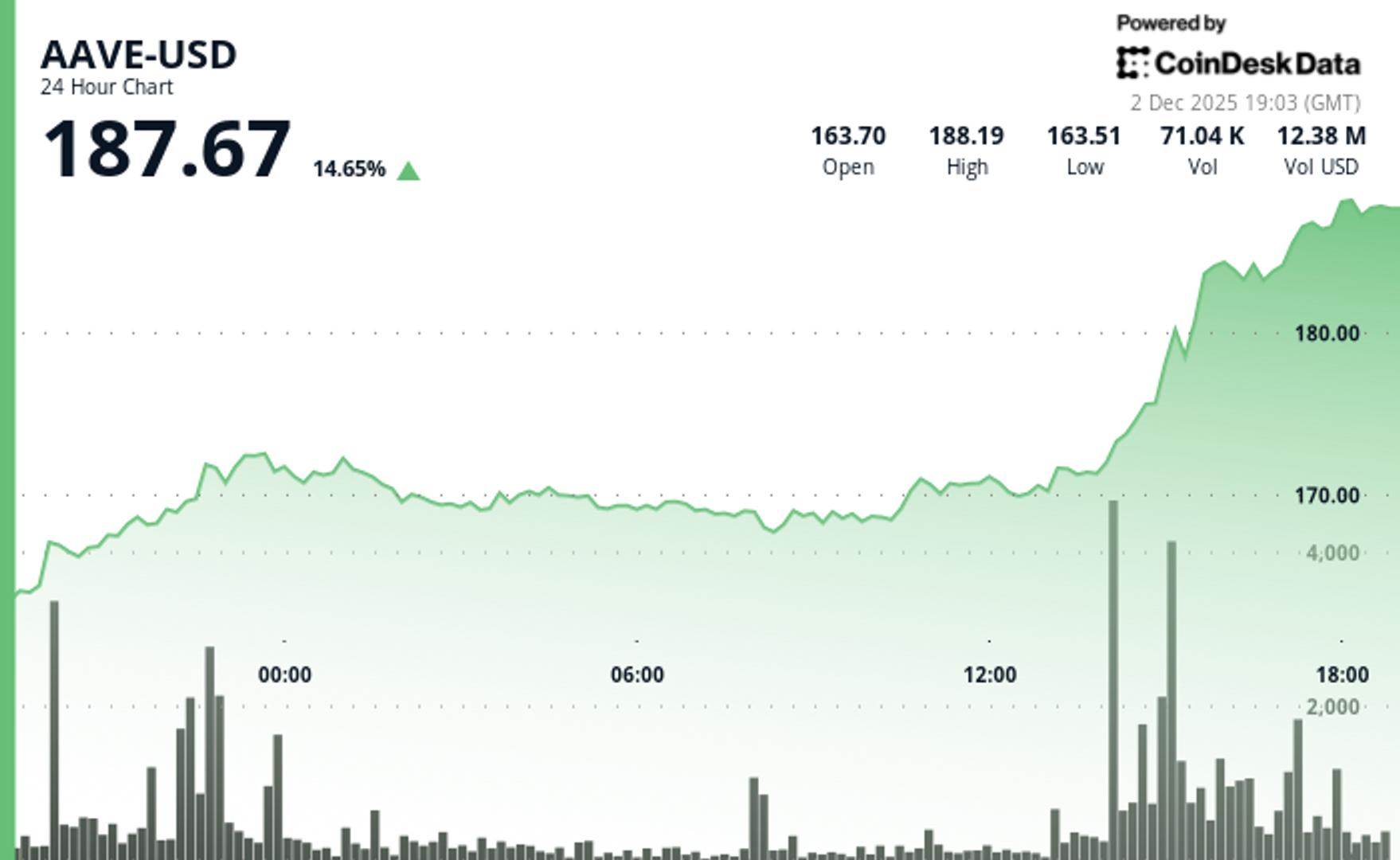Former President Tsai Ing-wen has credited Taiwan’s semiconductor industry for strengthening the island’s resilience and defense.
Taiwan’s semiconductor industry has become a vital part of the global semiconductor supply chains, strengthening the island’s defense from external threats.
Taiwan’s semiconductor defense shield
The former Taiwan President Tsai Ing-wen has said that Taiwan’s semiconductor industry not only powers the global economy but also strengthens the island’s defense and resilience against external threats.
“Our high-tech sector, particularly in semiconductors, has become an indispensable part of the global economy,” Tsai said, speaking at the Berlin Freedom Conference on Monday. “In an age where AI also defines power, Taiwan’s chip industry anchors global prosperity.”
She also added that the country is strategically protected by its strong semiconductor ecosystem. “Now, it is such an initiative that helps Taiwan strengthen its defence and societal resilience in the face of threats,” she said.
Taiwan produces the majority of the world’s most advanced chips through companies like Taiwan Semiconductor Manufacturing Company (TSMC). The semiconductor industry’s dominance has made the island an important part of global supply chains and a central figure in geopolitical discussions involving China and the West.
As tensions between China and Taiwan remain high, technology has become part of the island’s defense strategy. Taiwan has gained a form of immunity due to the fact that any disruption to its chip production would affect industries worldwide.
Analysts often refer to this dynamic as the “silicon shield.” It is the idea that Taiwan’s technological importance makes it too valuable to isolate or attack without global consequences.
Taiwan reiterates commitment to its allies
During her speech, Tsai emphasized Taiwan’s commitment to working closely with international partners. She said the island values the support of its security and economic allies.
“We are also willing to bear our share of the burden and do not take our security partners’ support for granted,” she said.
Taiwan, which China claims as its own territory, maintains only one formal diplomatic relationship in Europe, and it’s with the Vatican. However, many European countries, including Britain, France, Lithuania, and Poland, have strengthened their informal ties with Taipei despite Beijing’s objections.
These countries have hosted or met with senior Taiwanese officials, signaling a growing interest in cooperation on trade, technology, and democratic governance. This interest is due to the current European effort to diversify technology supply chains and reduce dependency on China.
The United States, the European Union, and Japan have all attempted to strengthen their ties with Taiwan’s chip sector, investing heavily in domestic manufacturing while maintaining collaboration with TSMC and other Taiwanese firms.
Join a premium crypto trading community free for 30 days - normally $100/mo.
















 English (US)
English (US)